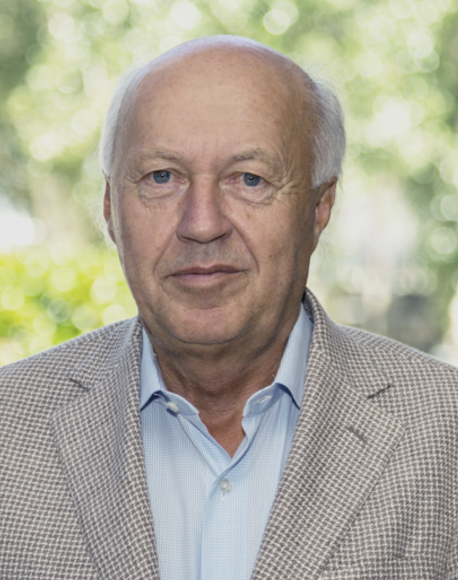Long known for its HIV drugs, Gilead is further delving into the field by acquiring investigational vaccines for the stubborn virus from a little-known biotech in Spain.
Gilead is paying an undisclosed amount to buy HTI T cell immunogen HIV vaccines from Barcelona-based Aelix Therapeutics, a spinout from a Catalan public-private program created to find a vaccine for the virus. The companies declined to disclose deal terms.
In the HIV epidemic’s 40-plus-year history, a vaccine has never made it across the regulatory finish line, continuously puzzling researchers and drugmakers. Many treatments exist, as do effective preventative measures like PrEP, but a vaccine remains elusive as HIV can stealthily hide from the immune system in reservoirs. Johnson & Johnson suffered two mid- and late-stage failures in
2021
and
2023
.
Gilead is getting its hands on experimental HIV vaccine assets from Aelix, which has taken a regimen through Phase 2a. The startup tested its T cell vaccines ChAdOx1.HTI and MVA.HTI along with Gilead’s toll-like receptor agonist, known as vesatolimod, in people with HIV who were taking antiretroviral therapy, or ART.
The
Phase 2a study
, dubbed AELIX-003, wrapped up in late 2022. Researchers said the regimen was “safe and well tolerated” with “high levels of HTI-specific T-cell responses,” according to a
presentation
at the Conference on Retroviruses and Opportunistic Infections in February 2023.
Further, 10 of 30 AELIX-003 participants on the vaccine-vesatolimod regimen were able to stay off ART for 24 weeks. In the placebo group, four of 17 participants were able to do so, according to a
press release
.
“The HTI vaccines have shown promising results in Phase 1 and Phase 2 clinical trials, and we are eager to see this immunogen move forward through this acquisition and potentially become an important aspect of the search for an HIV cure,” Aelix chair Thomas Hecht said in a Monday
statement
.
The epidemic is still far-reaching, and a vaccine is seen as a critical way to finally bring it to an end. About 39.9 million people lived with HIV at the end of 2023, a year in which another 1.3 million new cases were reported. About 630,000 people died last year from HIV-related causes,
according
to the World Health Organization.
HIV drugs are a core part of Gilead’s portfolio. Its HIV medicines, including Biktarvy and Descovy, made $5.1 billion in the third quarter, or about 68% of the company’s total sales in that period. But advocates have
called for greater access
to the drugmaker’s treatments and PrEP medicines, which they say are too costly and not readily available.
The California biopharma made international headlines earlier this year when it said its twice-a-year injection of lenacapavir
fully prevented
HIV in cisgender women. The shot
succeeded in another
pivotal trial in September.
Gilead is also working on multiple other programs, including long-acting oral inhibitors and injectables, a bispecific T cell engager and a once-weekly pill. The pill, a combination of lenacapavir and Merck’s islatravir, is entering two Phase 3 trials, the companies
said
last month. Gilead can also opt into programs from Gritstone bio and Hookipa Pharma.
Aelix derives from HIVACAT, a Catalan program focused on HIV vaccines involving the IrsiCaixa AIDS Research Institute and Hospital Clínic de Barcelona. Ysios Capital and 10K Lakes Capital, among others, have backed Aelix.






